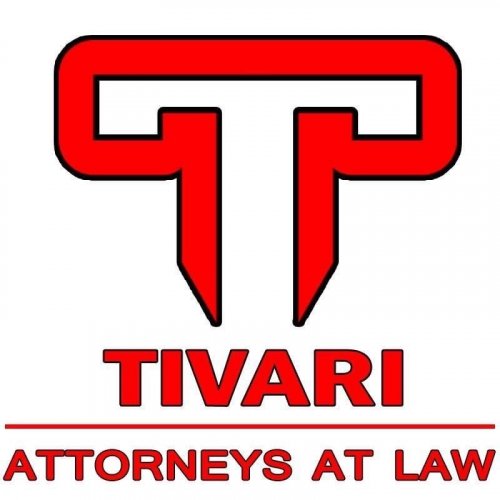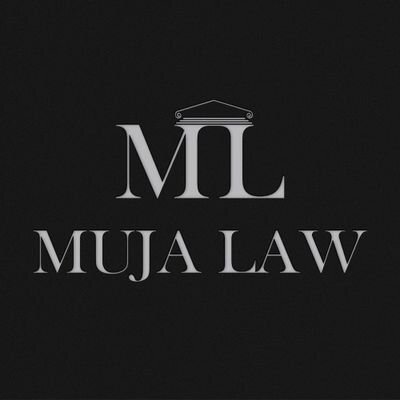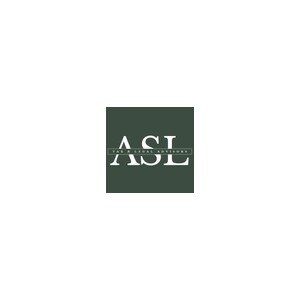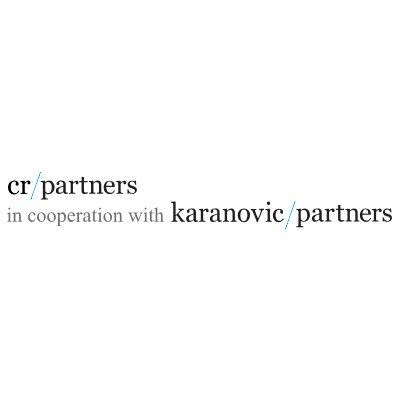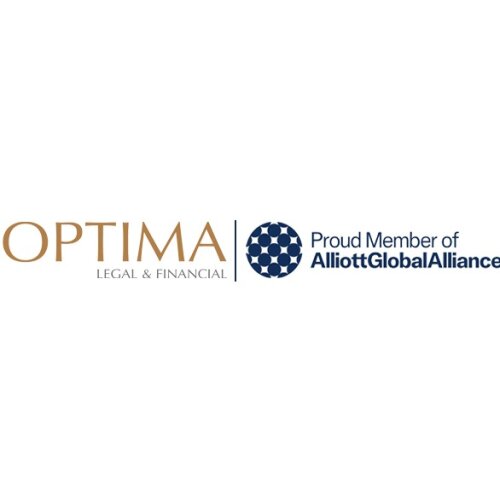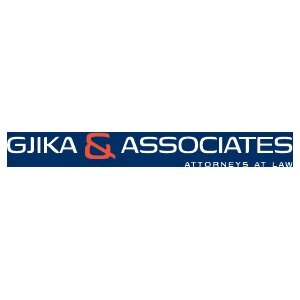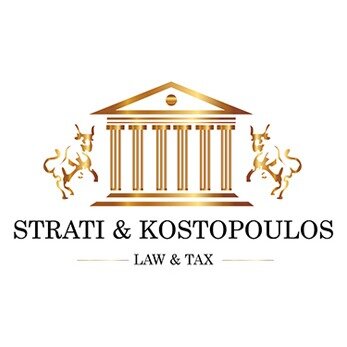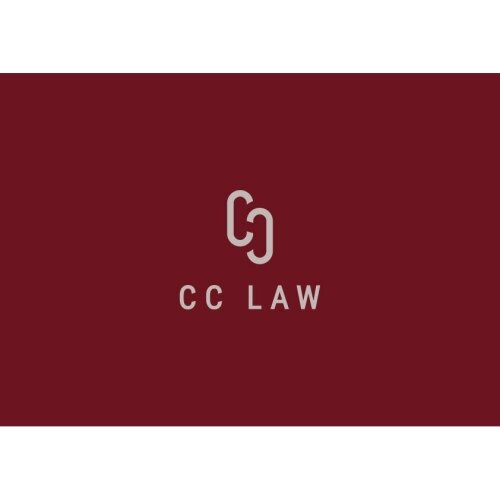Best Structured Finance Lawyers in Tirana
Share your needs with us, get contacted by law firms.
Free. Takes 2 min.
List of the best lawyers in Tirana, Albania
About Structured Finance Law in Tirana, Albania
Structured finance is a specialized area of finance that involves complex financial transactions designed to help companies manage risk, secure financing, and optimize capital structure. In Tirana, Albania, structured finance law relates to the legal frameworks and regulations governing these transactions, including securitization, collateralized financings, syndicated loans, and asset-backed securities. The field intersects with banking law, corporate law, regulatory compliance, and contract law. As Albania continues its integration with European markets, structured finance has gained prominence as a mechanism for local businesses and financial institutions to access new forms of capital, restructure debt, and engage with international investors.
Why You May Need a Lawyer
Engaging in structured finance transactions often requires careful legal planning and negotiation. In Tirana, you may need a structured finance lawyer for situations such as:
- Arranging or participating in securitizations of assets such as mortgages, loans, or receivables
- Negotiating syndicated loan agreements involving multiple financial institutions
- Setting up special purpose vehicles (SPVs) for off-balance sheet financing
- Navigating local banking and regulatory approvals for complex financing structures
- Drafting and reviewing intricate contracts related to structured products
- Ensuring compliance with domestic and international anti-money laundering (AML) and know-your-customer (KYC) obligations
- Restructuring corporate or public sector debt through advanced financing tools
- Resolving disputes arising from the performance or interpretation of structured finance agreements
A lawyer can help identify legal risks, negotiate favorable terms, and ensure that your transactions comply with Albanian law and international standards.
Local Laws Overview
In Tirana, structured finance is primarily governed by a combination of national laws, regulatory acts, and European Union directives that Albania has adopted or harmonized. Key legal aspects include:
- Company Law - The Law on Entrepreneurs and Commercial Companies sets out how companies can structure and enter into financing arrangements.
- Banking Law - The Law on Banks and related regulations provide the framework for how financial institutions can create, hold, and sell structured products.
- Securities Law - The Law on the Securities Market outlines requirements for issuing and trading asset-backed securities, including disclosures and investor protections.
- Central Bank Regulations - The Bank of Albania issues directives regarding capital adequacy, risk management, and licensing for activities related to structured finance.
- Tax Regulations - Capital gains, value added tax, and withholding tax considerations are important in structuring finance deals.
- Insolvency and Enforcement - Legal procedures for recovery of assets and enforcement of secured transactions are critical for risk assessment in structured deals.
Albania’s legal system is evolving quickly to accommodate international investment standards, especially as it continues its pathway towards EU integration. Local legal counsel helps navigate both established regulations and developing legal frameworks.
Frequently Asked Questions
What is structured finance?
Structured finance refers to sophisticated financial transactions designed to manage risk, increase liquidity, or create new sources of funding using complex legal and financial instruments, such as securitizations and syndicated loans.
Is structured finance common in Albania?
While structured finance is not as widespread in Albania as in larger European markets, it is increasingly being used for major corporate financing, banking sector operations, and infrastructure projects in Tirana and across the country.
What local regulations apply to structured finance transactions?
Structured finance in Albania is governed by company law, banking regulations, securities market regulations, and directives from the Bank of Albania. International standards may also apply if foreign investors are involved.
What is an SPV and why is it used?
An SPV, or special purpose vehicle, is a legal entity created to isolate financial risk. In structured finance, SPVs are often used to hold assets and issue securities, protecting the parent company from liability.
How does securitization work in Albania?
Securitization involves pooling assets, such as loans or receivables, and issuing securities backed by these pools. Albania’s securities laws and banking regulations guide how these transactions are structured and disclosed.
Are there restrictions on foreign participation in structured finance deals?
Albanian law generally permits foreign entities to participate in structured finance transactions, but compliance with regulatory approvals, anti-money laundering rules, and the assessment of ultimate beneficial owners is necessary.
What are the tax implications of structured finance?
Tax treatment depends on the structure and type of transaction. Key considerations are capital gains, VAT, and withholding taxes. A lawyer or tax advisor can help tailor transactions for tax efficiency.
Who regulates structured finance activities in Albania?
The Bank of Albania is the primary regulator for banking and much of the structured finance market, while the Financial Supervisory Authority oversees securities markets.
How can disputes in structured finance be resolved?
Disputes may be resolved through negotiation, mediation, Albanian courts, or arbitration, depending on the contract terms. Legal advice is essential in selecting the best method and protecting your interests.
Can Albanian law be combined with foreign law in structuring deals?
Many structured finance contracts involving international parties may specify a combination of Albanian and foreign law. However, certain mandatory Albanian legal provisions will always apply, especially related to asset enforcement and regulatory compliance.
Additional Resources
For individuals or businesses seeking further information or guidance on structured finance in Tirana, the following resources can be helpful:
- Bank of Albania - The central authority for supervision of banks and financial institutions, issuing key regulations affecting structured finance.
- Albanian Financial Supervisory Authority (AFSA) - Regulates the securities market and oversees asset-backed product issuance and trading.
- National Registration Center (NRC) - Manages company and SPV registrations.
- Albanian Bar Association - A directory for finding experienced legal professionals in structured finance and related fields.
- Ministry of Finance and Economy - Source for tax policy and regulatory updates affecting finance structures.
Next Steps
If you are considering a structured finance transaction in Tirana or need advice regarding an existing arrangement, here are the recommended steps:
- Gather all relevant documents and information about the assets, companies, or finances involved.
- Identify your goals and any concerns you have about risks, compliance, or structure.
- Consult with a legal professional specialized in structured finance to assess the legal, regulatory, and tax implications.
- Request a preliminary review or legal opinion before entering into negotiations or commitments.
- Work closely with your lawyer throughout transaction structuring, contract drafting, and regulatory approval processes.
Choosing an experienced lawyer ensures your interests are protected and your financing meets all regulatory requirements in Albania.
Lawzana helps you find the best lawyers and law firms in Tirana through a curated and pre-screened list of qualified legal professionals. Our platform offers rankings and detailed profiles of attorneys and law firms, allowing you to compare based on practice areas, including Structured Finance, experience, and client feedback.
Each profile includes a description of the firm's areas of practice, client reviews, team members and partners, year of establishment, spoken languages, office locations, contact information, social media presence, and any published articles or resources. Most firms on our platform speak English and are experienced in both local and international legal matters.
Get a quote from top-rated law firms in Tirana, Albania — quickly, securely, and without unnecessary hassle.
Disclaimer:
The information provided on this page is for general informational purposes only and does not constitute legal advice. While we strive to ensure the accuracy and relevance of the content, legal information may change over time, and interpretations of the law can vary. You should always consult with a qualified legal professional for advice specific to your situation.
We disclaim all liability for actions taken or not taken based on the content of this page. If you believe any information is incorrect or outdated, please contact us, and we will review and update it where appropriate.




